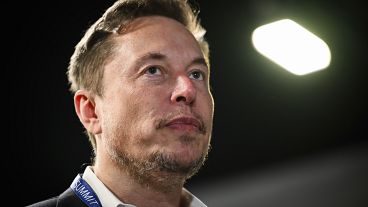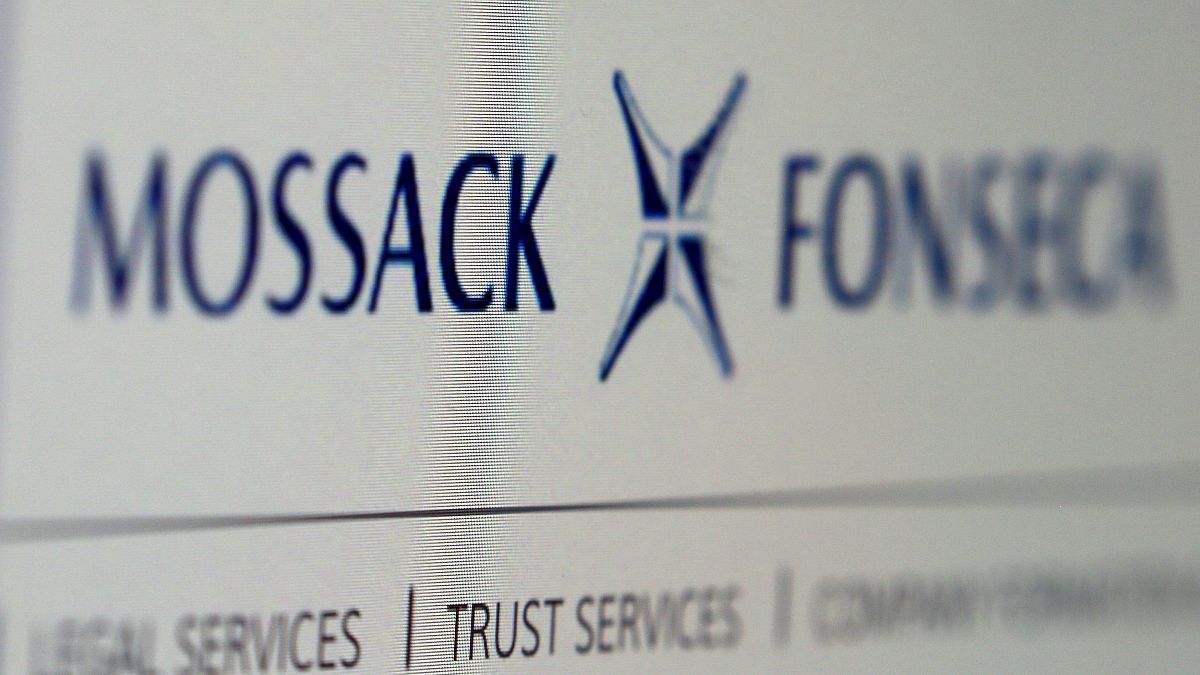“There are no safe havens for tax evaders and no-one should be in any doubt that the days of hiding money offshore are gone.” So says Britain’s tax
“There are no safe havens for tax evaders and no-one should be in any doubt that the days of hiding money offshore are gone.”
So says Britain’s tax authority in response to the global ‘Panama Papers’ scandal.
Yet many tax havens are British overseas territories and British individuals, including Prime Minister David Cameron’s late father, are mentioned in the more than 11.5 million leaked documents from the Panama-based law firm Mossack Fonseca.
The British government has asked for a copy of the data so that it can examine the information and act on any possible tax evasion.
The leak, which reveals details of tens of thousands of rich and famous people worldwide, could be embarrassing for Cameron, who has spoken out against tax evasion and tax avoidance.
As well as his late father Ian, some members of his Conservative Party in the upper house of parliament, former Conservative MPs and party donors are on the list, British media said.
According to The Daily Mail: “It was reported that in total six members of the House of Lords, three former Conservative MPs and dozens of donors to British political parties have been shown to have had offshore assets”.
The Guardian says: “David Cameron’s father ran an offshore fund that avoided ever having to pay tax in Britain by hiring a small army of Bahamas residents – including a part-time bishop – to sign its paperwork.”
Fund run by David Cameron’s father avoided paying UK tax https://t.co/UlQXP554LZ#PanamaLeaks
— The Guardian (@guardian) 4 avril 2016
Already in 2012, British media reported that Cameron’s father ran a network of offshore investment funds to help build the family fortune. There is no suggestion he did anything illegal.
Asked on Monday whether she could confirm that no family money was still invested in those funds, Cameron’s spokeswoman said: “That is a private matter.”
Opposition Labour finance spokesman John McDonnell said the Panama Papers showed Cameron had failed to put a stop to tax secrecy and crack down on offshore schemes. He called for “real action” and an urgent investigation by British tax authorities (HMRC).
The Panama papers revelations are extremely serious. HMRC should treat this with utmost priority and urgently launch investigation
— John McDonnell MP (@johnmcdonnellMP) 3 avril 2016
Cameron promised and has failed to end tax secrecy and crack down on 'morally unacceptable' offshore schemes, real action is now needed
— John McDonnell MP (@johnmcdonnellMP) 3 avril 2016
The UK government however says that Britain has brought in more than 2 billion pounds ($2.84 billion) from offshore tax evaders since Cameron’s Conservatives took office in 2010.
A major summit to tackle the problem will be hosted by the British PM next month (May, 2016).
Since Britain made the issue a central plank of its G8 presidency in 2013, 90 countries have signed up to the automatic exchange of tax information, Cameron’s spokeswoman said.
She said Britain was pushing its overseas territories and crown dependencies, many of which are tax havens, to create public registers of who owns companies in their jurisdictions. Britain’s own such register will go live in June.
Asked if Britain would legislate to force territories such as the Cayman Islands and the British Virgin Islands to publish the information, she said: “The prime minister has made clear that should they fail to do so he rules absolutely nothing out.”
Nonetheless, Cameron’s attempts to cut tax evasion have undoubtedly been complicated by the fact that Britain is still widely seen as a market leader in giving access to offshore tax havens in former British colonies.
That point is made forcefully by the Green Party. Reacting to the leaks, party leader Natalie Bennett said:
“More than half of the companies in the papers are registered in UK dependencies or in the UK itself.
“This story must not be diverted into a focus on foreign corrupt regimes.
“This is a British problem, a British crisis.”
Cameron hosting summit on tax havens in May. After #panamapapers, the pressure will rightly be on for him to abolish all of UK's tax havens
— Natalie Bennett (@natalieben) 3 avril 2016
Molly Scott Cato MEP, Green Party speaker on economics and finance, slammed British Finance Minister George Osborne.
#PanamaPapers reveal UK centre stage in facilitating #taxavoidancehttps://t.co/TwKjQ57Mympic.twitter.com/9k5Na2jSCY
— Molly MEP (@MollyMEP) 4 avril 2016
There were also strong words from the charity sector, notably Christian Aid
#PanamaPapers have exploded any excuses the UK had for tolerating secrecy in its tax havens: our response in full https://t.co/B1zSS9KDSP
— Christian Aid (@christian_aid) 4 avril 2016
“This leak exposes the extent to which UK tax havens and UK-based intermediaries are at the very heart of this rotten system,” said Toby Quantrill, Christian Aid’s Principal Economic Justice Adviser.












